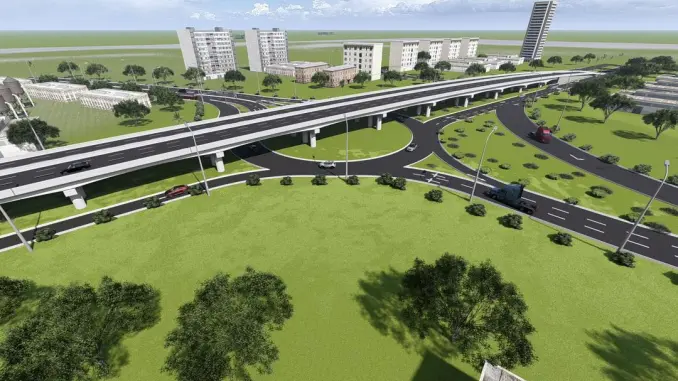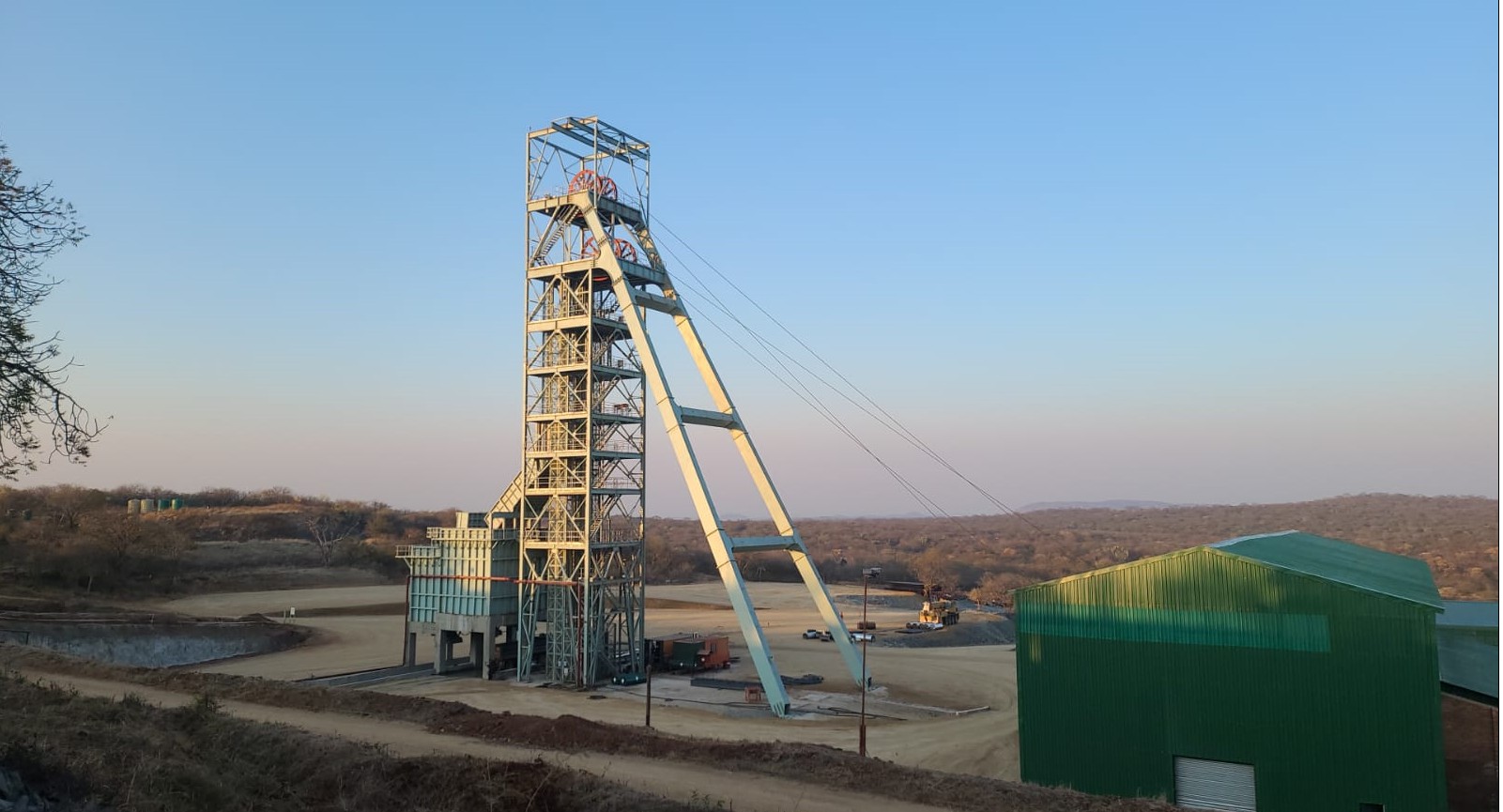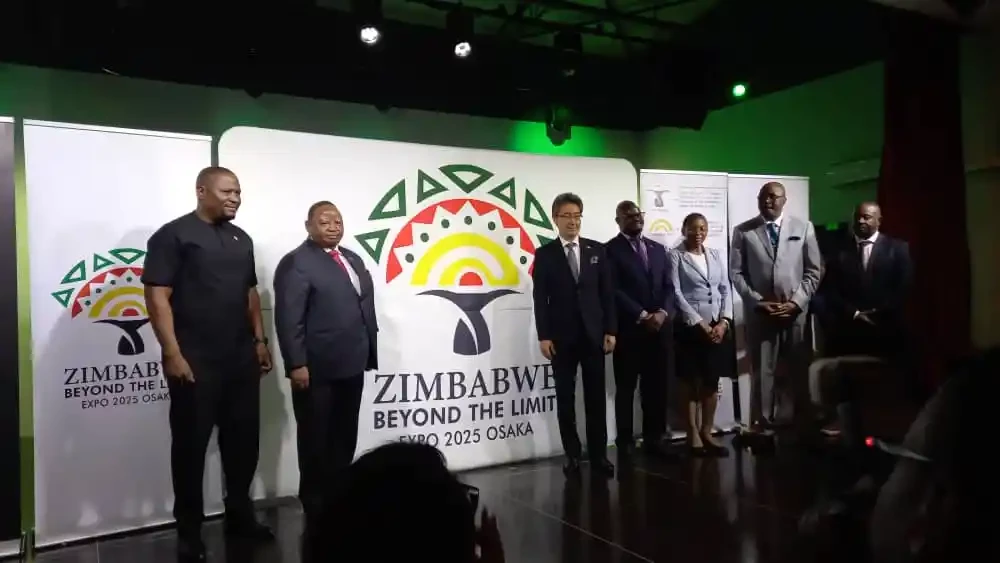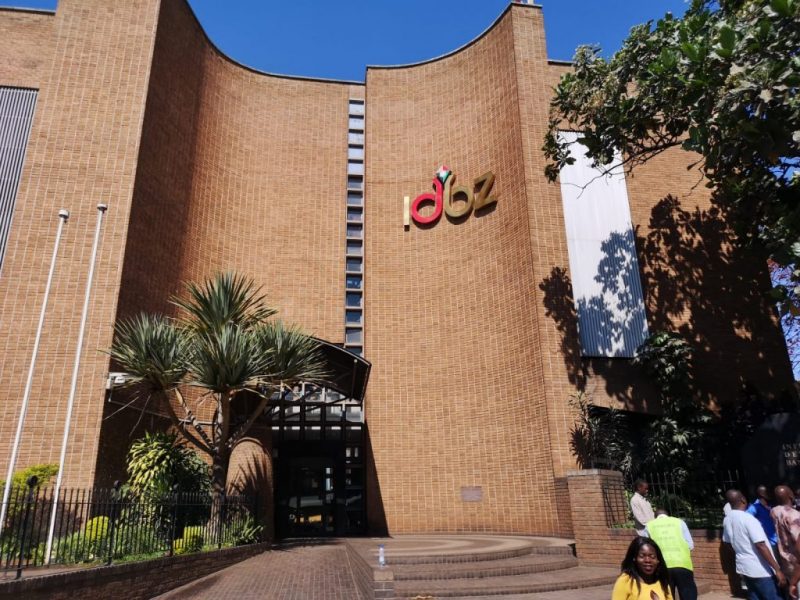Business speaks on elections
During an election year neither the Government, businesses nor citizens make long-term plans as they adopt a wait-and-see attitude.
Elections are seen as a drain on the economy and as a result, many countries have harmonised all their national plebiscites in an effort to manage any negative impact.
While the incumbent Government is concerned with the impact its policies can create, industrialists and businesspeople are known to avoid making key decisions during an election year because a change in the Government may also mean a change in priorities by the incoming Government.
This has been the case with Zimbabwe’s economy as the general elections, now in the process of results announcement — while presumed peaceful — were affected by the numerous court challenges and glitches on voting day.
However, not all industries face the negative impact of an election, as some companies that provide services that enable smooth flow of election processes, achieve brisk businesses.
Similarly, producers of certain types of goods that are used by political parties as freebies also see a sudden boom in their business.
Industry and commerce believe the general peaceful environment in which the elections were conducted is good for the country and the economy, which is good for business.
However, they believe the incoming Government should move to de-risk the economy from politics and keep the economy in mind while negotiating the path forward.
Zimbabwe National Chamber of Commerce (ZNCC) chief executive officer, Christopher Mugaga, told Business Weekly that after the elections, the biggest priority for the next Government is to unite people because Zimbabwe has a legacy of political attrition, which sends a wrong signal in the market because there will be wrong ambassadors out there.
“Therefore, the first thing is uniting people so that there is one voice and politics should be relegated after the election so that people can start building the country.
“We want to build a country where it is not a political economy but becomes a country before it becomes political,” he said.
He added that once you create an election that is more of a political animal, people will, after voting, already be preparing for 2028, and we will never grow the economy.
According to Mugaga, another priority is the currency issue. He said the timeline of the next five years should be done to de-dollarise and make sure it does not have the greenback operating in this country.
“So, whenever people start to do the analysis of the results, from today up to 2028, if you see Zimbabwe Dollar hovering around our banking accounts or streets, then that will be a serious failure without an excuse. Let the currency switch be a key performance indicator (KPI) for the next Government,” he said.
Corruption has been considered a major issue for the economy and Mugaga said the new Government should decisively deal with corruption and take a stance that is totally different from what has been tried before.
“Corruption is real and it is costing the economy, and the numbers are put at an average minimum of US$2,5 billion every year, either in illicit trade, smuggling of goods, or other deals where siphoning of funds will happen,” he said.
He also noted the need to embrace liberal policies, in other words, market economics, indicating that controls should never be allowed, be it in agriculture, monetary policy, or anywhere within the economy.
The president of the Confederation of Zimbabwe Industries (CZI), Kurai Matsheza, said the early indications were that the elections had been generally peaceful, which is good for the economy.
“We are all very encouraged by the conduct of voters and the general public. This is what it should always be, and this sets the foundation for business to thrive,” he said.
Matsheza said industry expects the Government to provide a stable macroeconomic environment that allows businesses to thrive.
“We expect industry macroeconomic stability where the rate is stable, inflation is low, and commodities are available,” he said.
Matsheza said industry should also be able to access working capital and make payments to offshore suppliers.
During the first half of the year, the economy witnessed a massive depreciation of the Zimbabwe dollar while inflation spiraled to three-digit figures.
This led to the Government instituting stop-gap measures, which in turn slowed the inflationary pressures largely achieved by squeezing the Zimbabwe dollar out of the market.
The Reserve Bank of Zimbabwe (RBZ) is adamant about maintaining a deliberate squeeze on Zimbabwe dollar liquidity, but experts believe it cannot be a permanent feature in any economy that seeks to grow; therefore, post-election, that will be loosened to ensure the economy grows.
The squeeze on Zim dollar liquidity meant to curb currency volatility and inflation has been achieved through high-interest rates, open-market operations, and relatively higher statutory reserves.
In this regard, several companies and businesses are experiencing shortages of Zimbabwe Dollar liquidity, while several contractors have suspended projects.
Since industrialists and businessmen are undertaking fewer projects, banks do not have to lend out too much money, and this slows down the rate of credit growth, which affects the economy negatively.
President of the Zimbabwe National Chamber of Commerce (ZNCC), Mike Kamungeremu, said post-election violence would undermine the country’s economic growth.
“Our expectation as businesses is that after the elections, peace will prevail and we hope that as quickly as possible, all the electoral processes are done so that we get back to business as usual,” he said.
ZNCC recently said it is aware of some businesses that have been employing a wait-and-see approach to business and investments; hence, there is a need for all electoral processes to be done early in order to return to business unhindered.
“We also expect the current stability that we have witnessed within the economy to continue post-election, and in that regard, we urge the Government that whoever is going to be the Finance Minister should ensure the current stability is not disturbed by continuing to pursue a tighter monetary stance and also monitor money supply growth in the economy.
“At the same time, we urge them to strike a balance between managing liquidity and injecting what is enough for business to continue,” the chamber said.
It noted that currently, there is a liquidity crunch in the economy, and a number of contractors have complained that they have not been paid for their services.
“We urge the Government to pay them in such a way that eventually upsets the market, while at least we continue with a stable macroeconomic environment post-election.
“We hope the interventions that we witnessed and enjoyed were targeted only for an election but should continue after so that the targets we have set for growth in 2023 and beyond are achieved,” it noted.
Economist, Victor Bhoroma, said there should be a situation where there is fiscal discipline in the Government to ensure the expenditure falls below the tax revenues so that the Government does not need to borrow locally or in foreign markets in order to meet non-core expenditures.
He added that at RBZ, they should ensure positive interest rates, ensure money supply growth in line with economic growth and avoid quasi-fiscal operations.
The Government will not be changing its current monetary policy stance in the next two to six months.
“They now know how corrosive unchecked money supply growth has on inflation and the exchange rate, so I suppose the next two months’ eyes are on the ball to ensure stability even on prices.
“Therefore, soon after elections, the Government of the day will not prioritise a shift in the tight monetary policy stance,” he said.
According to Finance and Economic Development Minister, Mthuli Ncube, the budget remains on course to achieve the desired fiscal deficit target of 1,5 percent of GDP by year-end.
Economist, Dr Prosper Chitambara, said the main issue that needs to be prioritised is macroeconomic stability in the economy to ensure lasting stability because, without that, the economy will not grow sustainably and fast enough.
“Therefore, there is a need to keep inflation numbers in check, and inflation below 10 percent is ideal, and that helps the economy become competitive,” he said.
He said controlling money supply growth will be critical, as will institutional reforms and tax reforms. He noted that Zimbabwe is one of the countries with the highest tax burden.
Research firm, Fitch Solutions, believes the main security risks for investors in Zimbabwe stem from illicit financial flows and political violence, which tend to flare up around election periods and during times of macroeconomic downturns.
“Underpinned by high levels of political polarisation, this threatens productivity and supply chains within the economy,” a Fitch report read.
Analysts also believe the prevailing local economic stability remains fragile, hinged on the government’s ability to continue to control the money supply as well as insulate the economy against global supply and inflation shocks.-ebusinessweekly









